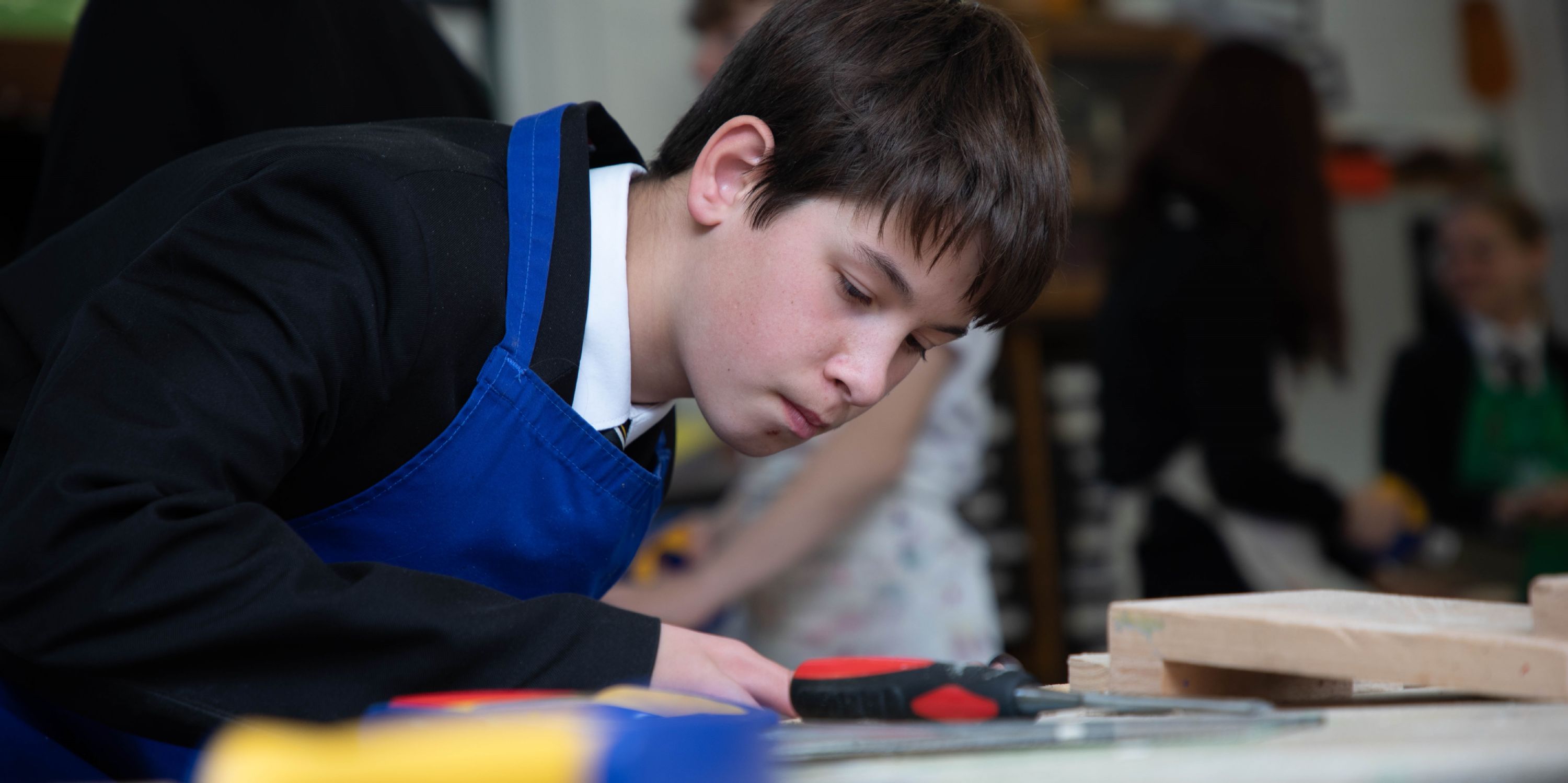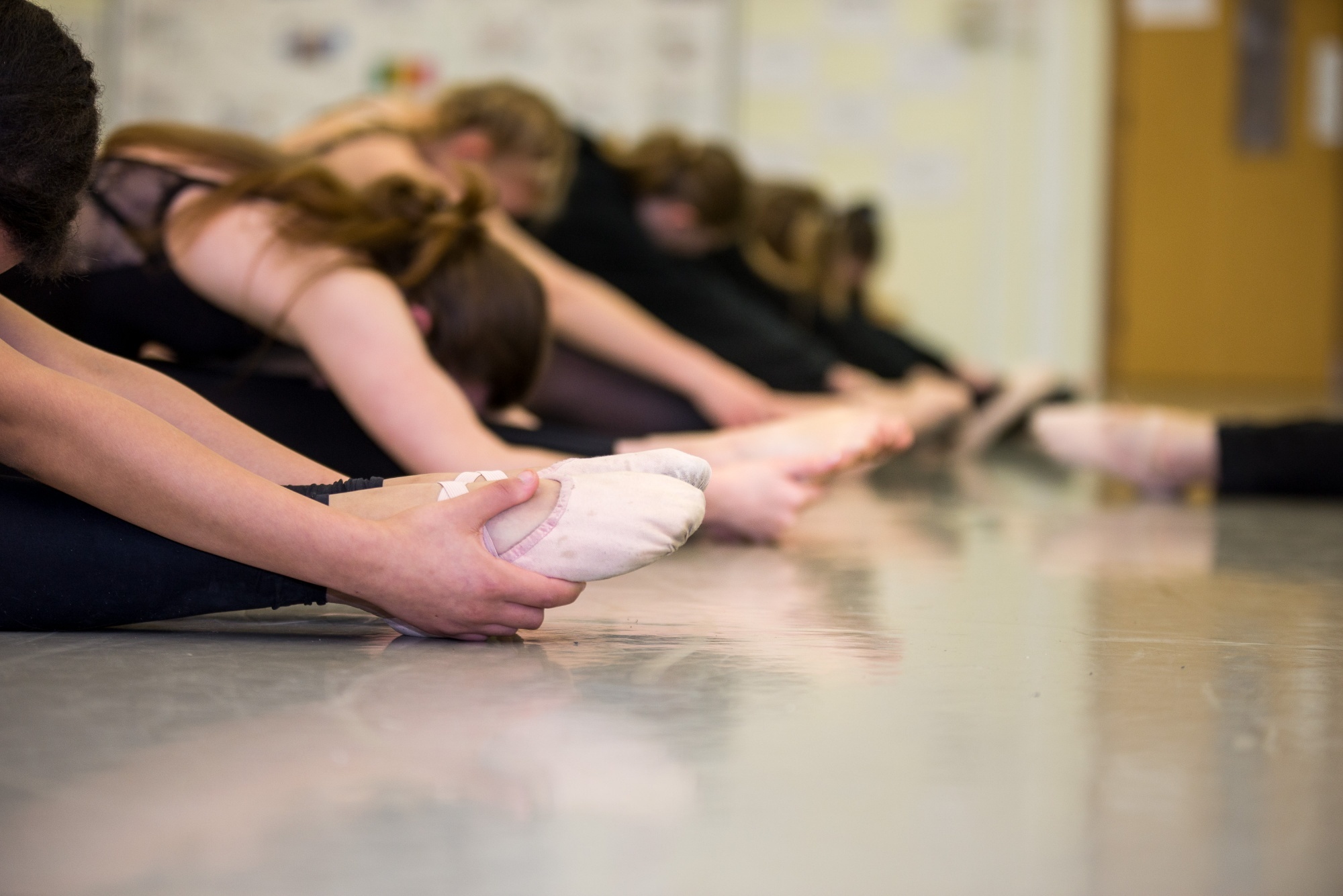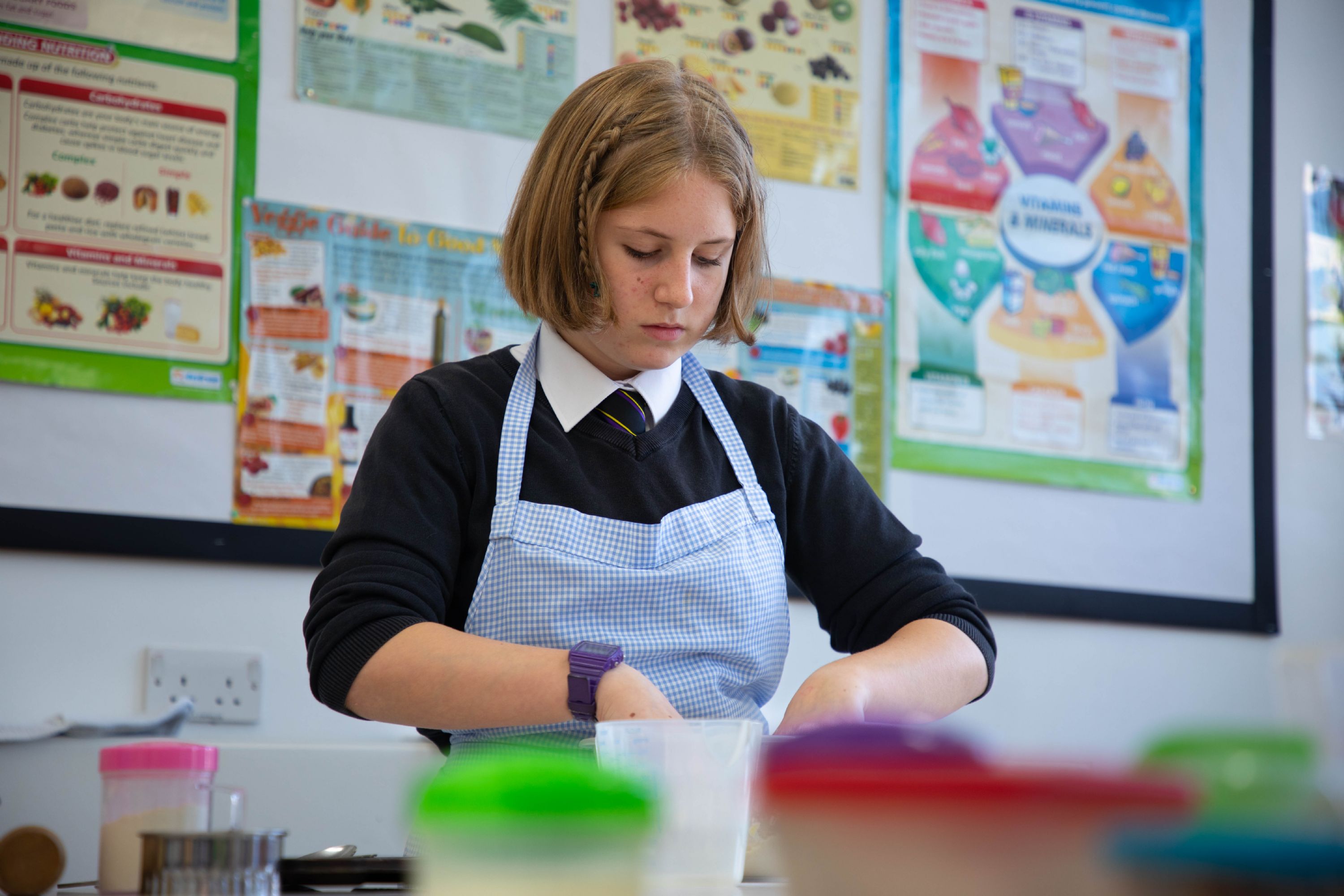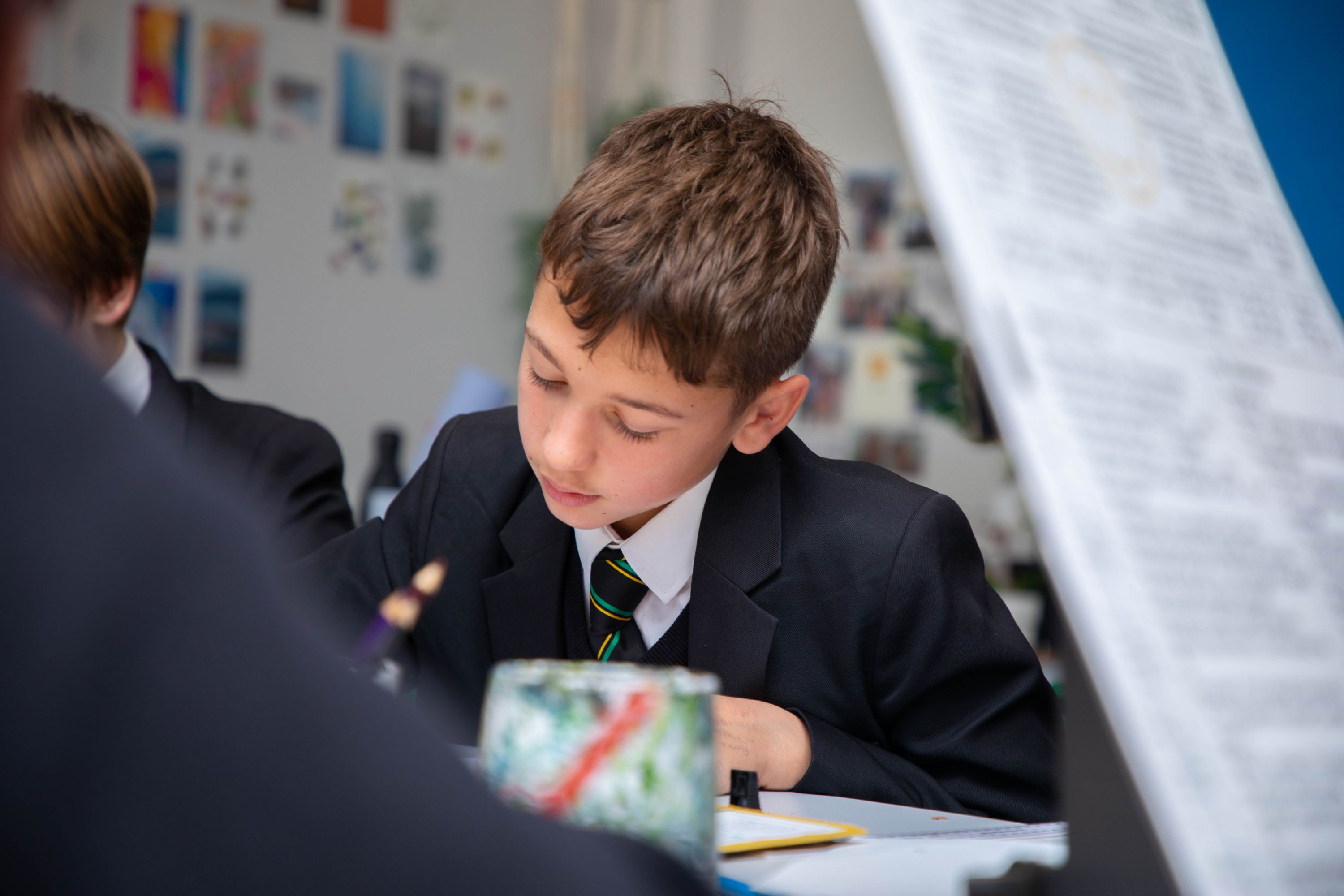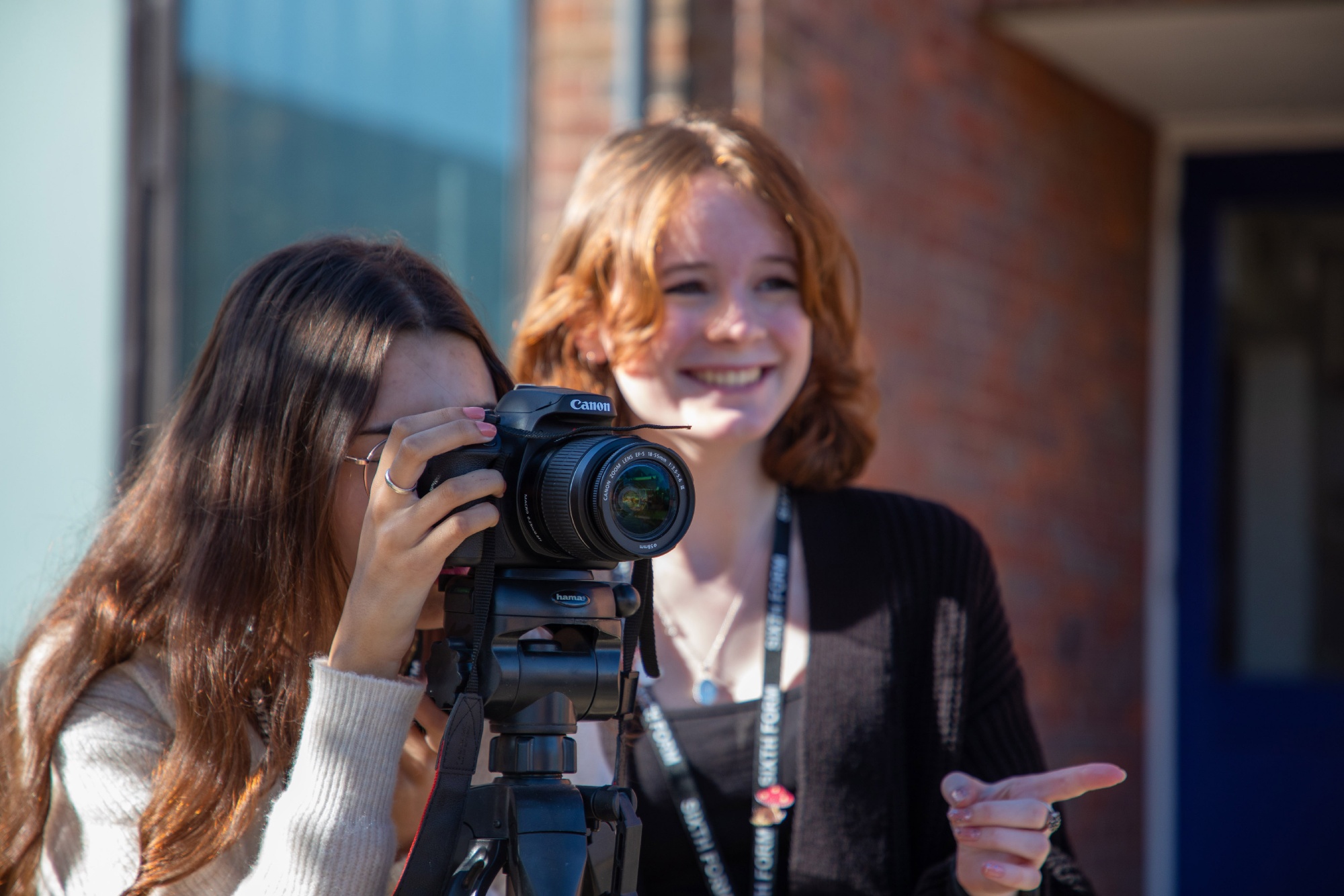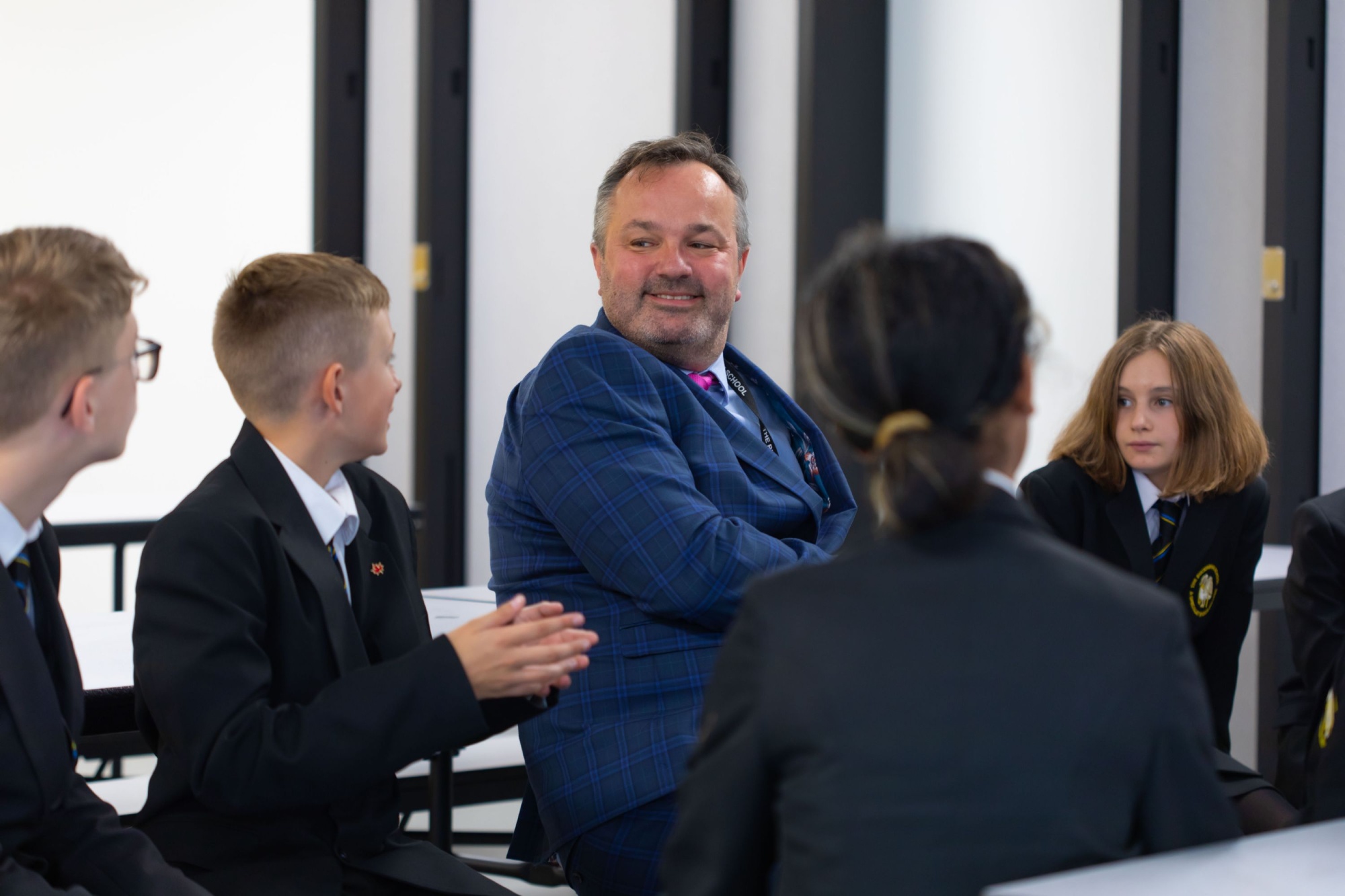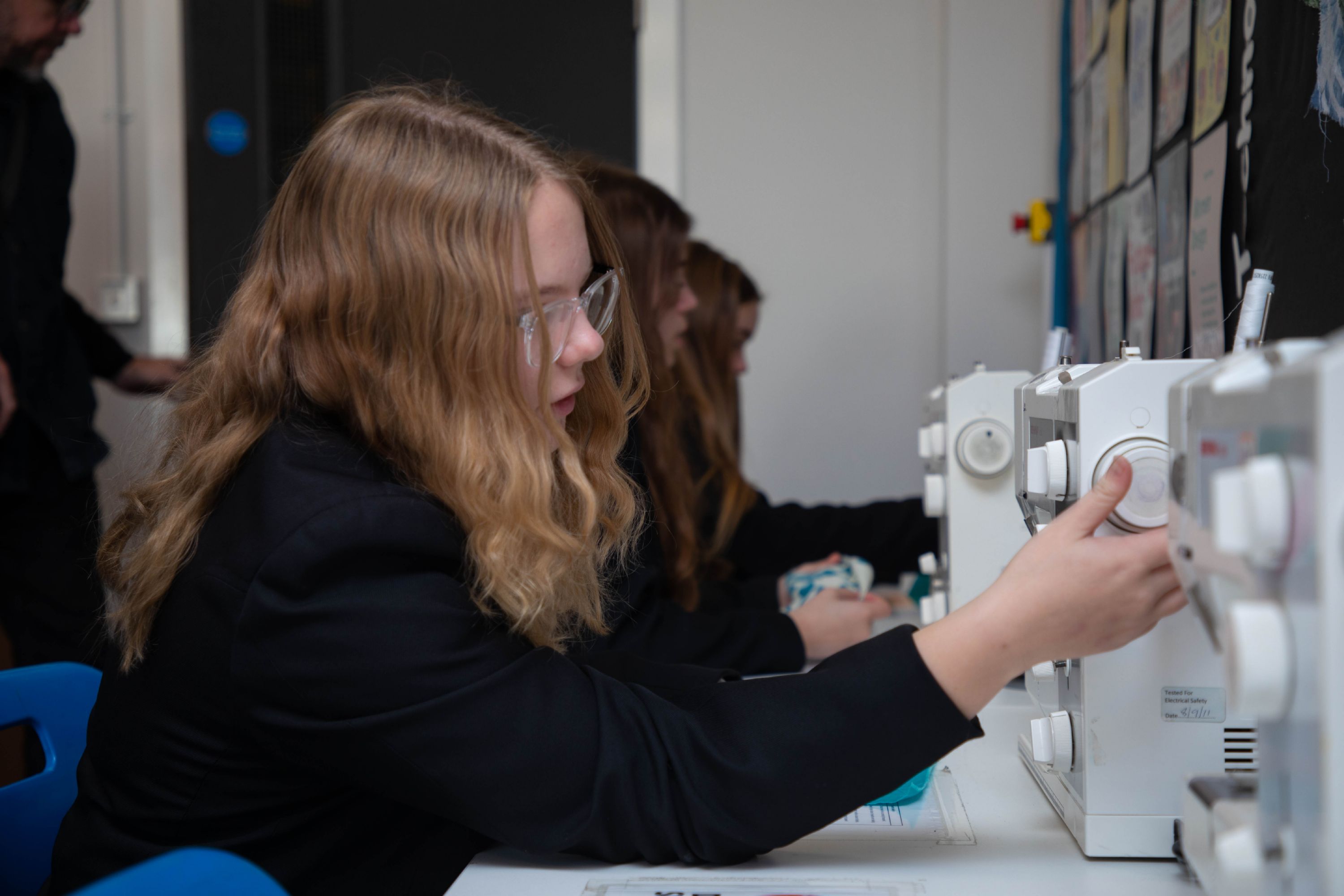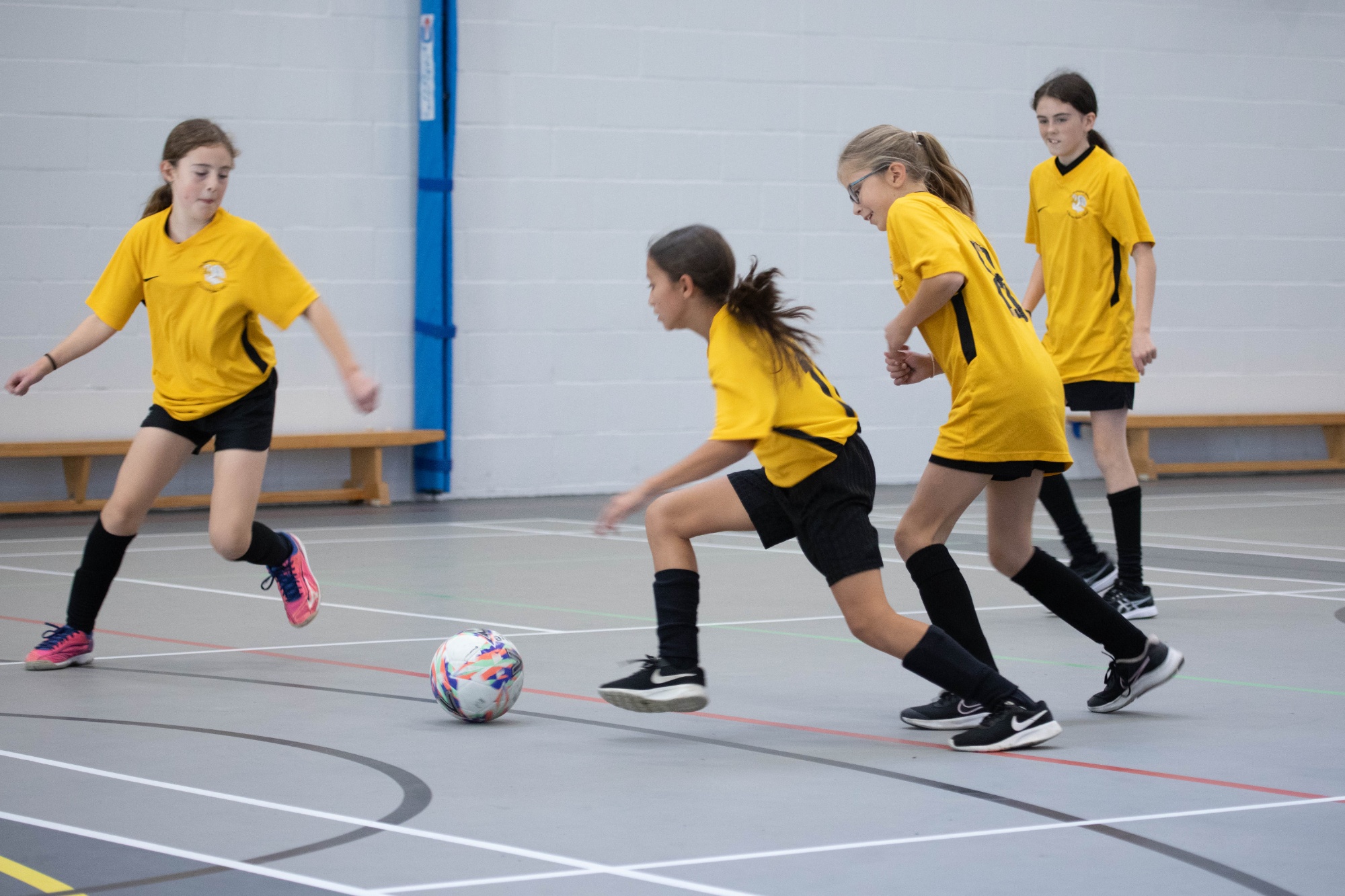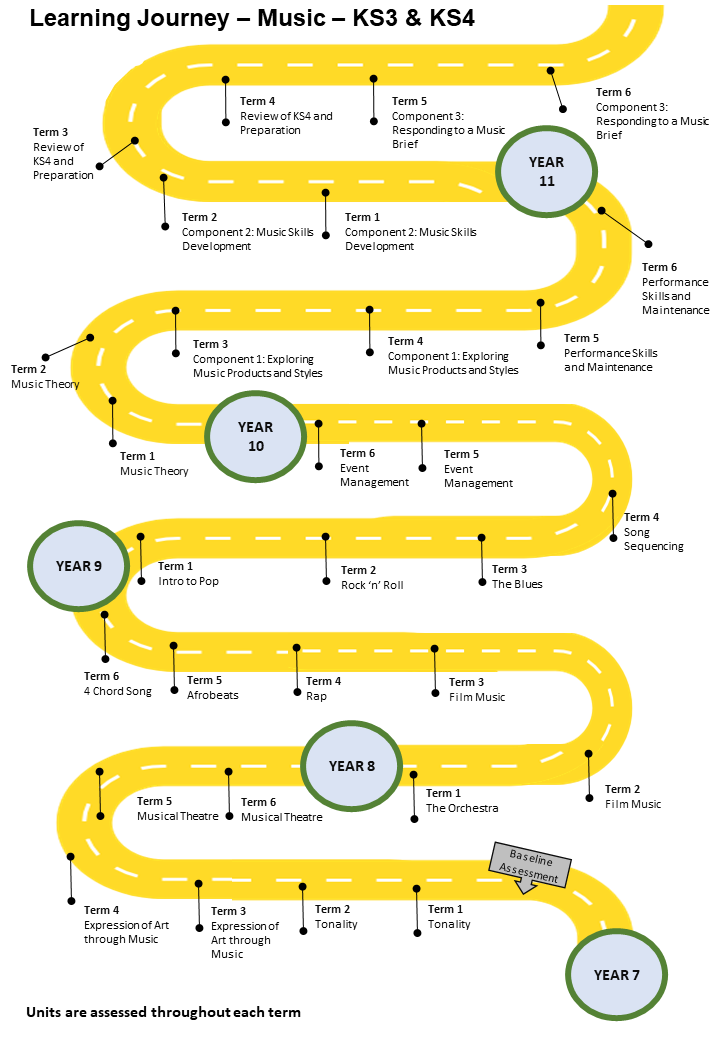Performing Arts - Music
Curriculum Intent - Music
At The Buckingham School, our Music curriculum is thoughtfully designed to inspire and empower every student to become confident, creative, and culturally aware musicians. Grounded in the UK National Curriculum and aligned with AQA GCSE and Pearson BTEC standards, our program balances practical skills, musical knowledge, and personal development from Year 7 through Year 11.
Our intent is to provide a rich and inclusive learning journey that nurtures students’ passion for music through diverse genres and real-world applications. We embed the core values of Respect, Responsibility, and Reflection throughout every unit to cultivate not only skilled musicians but also thoughtful, engaged, and respectful individuals.
- Respect: We foster an environment where students appreciate musical diversity, value others’ creative contributions, and understand music’s cultural and historical contexts. This respect enriches collaboration and empathy in and beyond the classroom.
- Responsibility: Students take ownership of their learning by consistently practising, preparing performances, and meeting project deadlines. We encourage them to develop strong work ethics and self-discipline that are essential for lifelong success in music and other pursuits.
- Reflection: Critical self-evaluation is a cornerstone of our curriculum. Learners are guided to thoughtfully reflect on their progress, performances, and compositions, enabling continuous improvement and deeper musical understanding.
Through carefully sequenced topics—ranging from foundational skills in Year 7 to specialised GCSE and BTEC pathways in Years 10 and 11—students engage in creative expression, critical listening, and real-world music experiences like event management. Our curriculum empowers students to not only master technical musical skills but also to develop as responsible and reflective contributors to their communities.
Ultimately, The Buckingham School’s Music curriculum seeks to inspire lifelong musical engagement, foster creative confidence, and prepare students to thrive as respectful and responsible musicians in a rapidly evolving world.
Click on the links shown below for more information.
Music CURRICULUM
Careers in music
Overview of Career Pathways
Studying music can lead to a wide range of exciting careers in performance, production, education, and the business side of the industry. Music is not only about being a famous performer – it involves many different roles that support, create, manage, and teach music in various settings, such as live events, film, television, gaming, and schools.
The UK has a thriving music industry that contributes significantly to the economy and offers many career opportunities for creative, technical, and organised individuals.
Skills Gained from Studying Music
Studying music helps develop a wide range of transferable skills that are highly valued in many careers:
- Creativity and self-expression
- Confidence and communication
- Teamwork and collaboration
- Discipline and perseverance
- Problem-solving
- Listening and critical thinking
- Organisation and time management
- Technical skills (such as using music software and equipment)
These skills are not only useful for music-related careers but are also valuable in many other professions.
Career Pathways
There are four main pathways into careers in music:
- Performance and Creative Roles – Involving performing, composing, songwriting, and directing music.
- Production and Technical Roles – Working behind the scenes in studios or live events using technology and sound equipment.
- Education and Community Roles – Teaching music in schools, colleges, or in the community.
- Business and Management Roles – Involving the promotion, organisation, and financial aspects of music and artists.
Example Careers in Music
Performer
- Musician, singer, session player, DJ - often self-employed or part of bands/orchestras
- Music Producer or Sound Engineer - works in studios or live venues - uses music technology to record, edit, and mix sound
- Composer or Songwriter - writes original music for artists, film, TV, adverts, or games
- Music Teacher - teaches in schools, colleges, or private lessons - may also run music clubs, choirs, or ensembles
Music Manager or Promoter
- Helps plan tours, book venues, and promote artists
Media and Game Music Specialist
- Creates soundtracks or audio effects for video games, film, or animation
Radio Presenter or Music Journalist
- Works in broadcasting or writing about music
- Works in broadcasting or writing about music
Next Steps
If you're interested in a career in music:
- Take part in music lessons, ensembles, or local music events
- Consider GCSE Music and further study (e.g. A-Level Music, BTEC, or college courses)
- Explore work experience or volunteering in music settings
Music is a subject that opens the door to creativity, confidence, and countless career opportunities – whether on stage, behind the scenes, or in the classroom.

